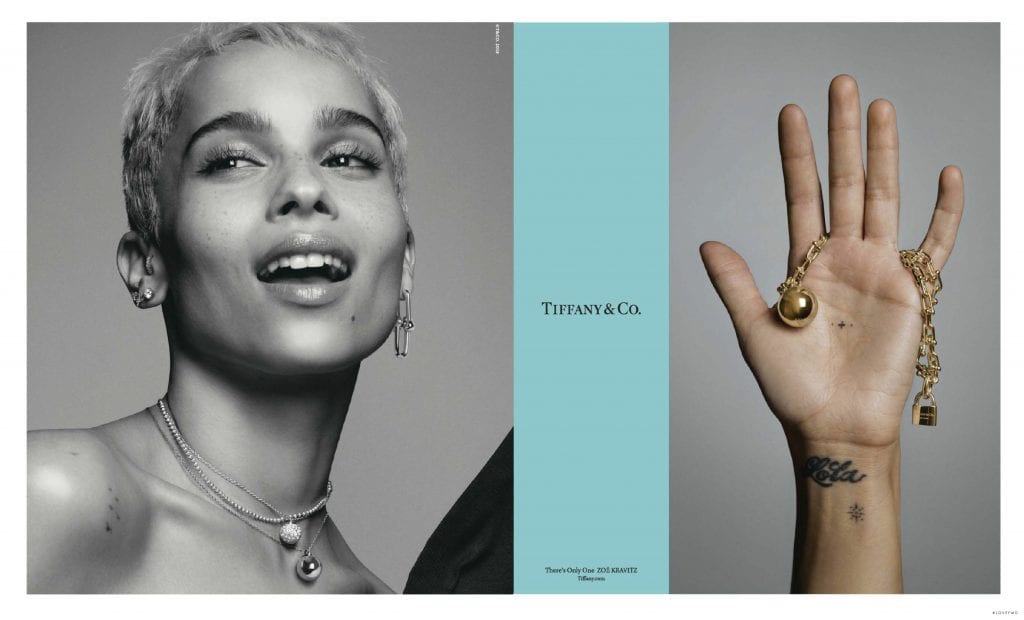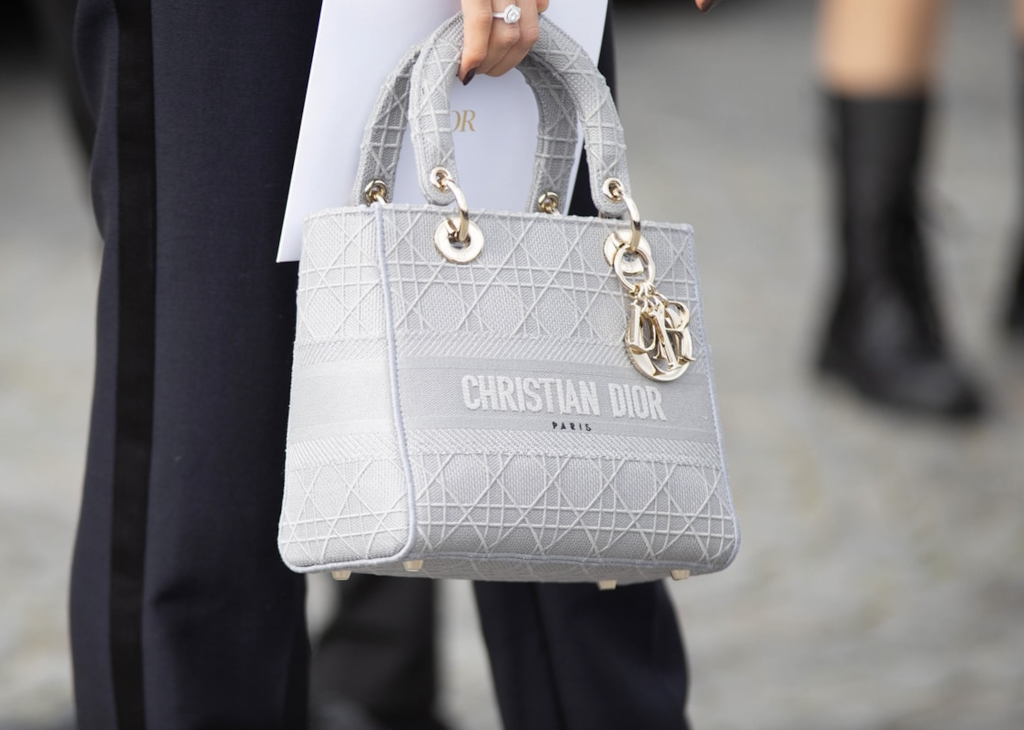The luxury goods sector’s biggest-ever union proved to be anything but harmonious in recent months. LVMH, the French luxury goods conglomerate led by Bernard Arnault, whose empire includes brands, such as Christian Dior, Louis Vuitton, and Bulgari, agreed to buy Tiffany & Co. for $16.2 billion in November 2019, proposing to complete the deal by a deadline of November 24, 2020, utilizing a split signing and completion mechanism to bring the New York-based jewelry company under its sweeping ownership umbrella.
Relations between the two giants began to sour, however, when LVMH claimed it could no longer complete at the proposed deadline, citing French political intervention and the “catastrophic performance” of the U.S. luxury jeweler as a result of the coronavirus outbreak in the intervening period. The ensuing war of words led Tiffany & Co. to file suit in a Delaware Chancery Court, seeking a court order to LVMH hold up its end of the bargain. LVMH responded with a suit of its own, in furtherance of which it aimed to avoid its contractual obligation, and walk away from the deal without penalty.
In filing suit, LVMH’s principal arguments were two-fold. Counsel for the luxury goods group argued that: (1)Tiffany’s management had breached its obligations in its running of the business between the deal’s signing and completion: slashing capital, taking on additional debt and paying cash dividends. As such, LVMH sought to argue that Tiffany had materially altered its trading from the time that LVMH had contracted to buy it; and (2) Tiffany had failed to include a pandemic in a list of catastrophic events specifically mentioned as risks that LVMH would have to bear, leaving them unprotected should the outbreak of a pandemic materially affect the business, and allowing LVMH to terminate in that event. LVMH claimed that, given Tiffany’s lawyers identified other specific catastrophic events, they had understood the importance of such clauses.
Tiffany, on the other hand, insisted that it had acted consistently, and in the best interests of its shareholders, deeming LVMH’s arguments “specious” and a “blatant attempt to evade its contractual obligations to pay the agreed upon price.”
The rival lawsuits ultimately came to a close when the two struck a more conciliatory tone in October 2020, successfully re-negotiating the deal, with Tiffany agreeing to reduce the agreed price paid per share from $135 to $131.50 – resulting in a total reduction of $425 million from the originally contracted purchase price, and in exchange, LVMH gave up a handful of “conditions to the consummation of the merger,” including contractual provisions that previously conditioned the closing of the deal on “the absence of a law or order in effect that enjoins, prevents or otherwise prohibits the consummation of the merger issued by a governmental entity,” such as if the French government sends LVMH a letter formally requesting that it delay the deal, and another that mandates that the deal cannot close if there is a material adverse effect in play.
Material adverse change
As for what triggered the dispute between LVMH and Tiffany, that was the inclusion of a material adverse change (“MAC”) clause in the agreed purchase document. MAC clauses are typically used when there is a gap between the signing of the sale documentation, and the completion, or closing, of the deal (i.e. the date of payment). These types of clauses are often heavily negotiated and, if not drafted correctly, can leave the seller exposed to events outside its control.
Approach in the UK
While the LVMH/Tiffany deal took place in the U.S., it is not uncommon for similar approaches to be taken in connection with sale and purchases in the United Kingdom. As previously mentioned, MAC provisions are heavily negotiated and will often face pushback from the seller. With that in mind, the key when drafting any MAC clause is to be specific, linking them to financial indexes or sector specific indicators where possible. Carve-outs should also be included. For example, Tiffany had carved out events such as “cyberattacks” and the “Hong-Kong Protests” from the MAC definition in the LVMH deal.
A well-drafted MAC clause will give the seller comfort that it cannot be interpreted broadly by the purchaser.
Even where a MAC clause does not expressly carve-out a pandemic, the approach by the courts in the UK in interpreting MAC clauses would suggest that a high threshold would have to be met in order to successfully argue that a pandemic should be considered as a MAC and, ordinarily, a MAC will not be established by reference to external economic or market conditions (unless they are specifically included). The courts would also consider the knowledge of the parties at the time the agreement was entered in to. So, if the agreement was entered into after January 2020, there is an argument that the purchaser would have had knowledge of the coronavirus pandemic.
Of course, the coronavirus pandemic may not be the only pandemic that companies and consumers experience. Going forward, it is largely expected that sellers will strongly resist broadly drafted MAC clauses, and most will seek for a pandemic to be carved-out from the definition of MAC.
As the pandemic continues to permeate transactional activity, complex material adverse change clauses are likely to become something of the norm in M&A agreements where split signing and completion mechanics are at work. Though the LVMH/Tiffany clash suitably dramatizes the complexity of such arrangements, it leaves the question of their enforceability challenging at best.
Martha Speed and Jemma Deeney are trainee solicitors at Brodies LLP.











